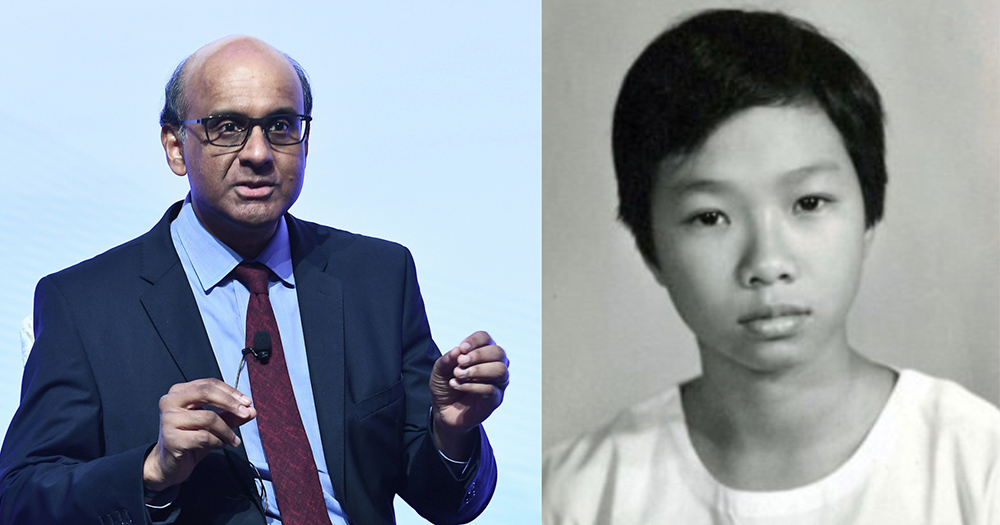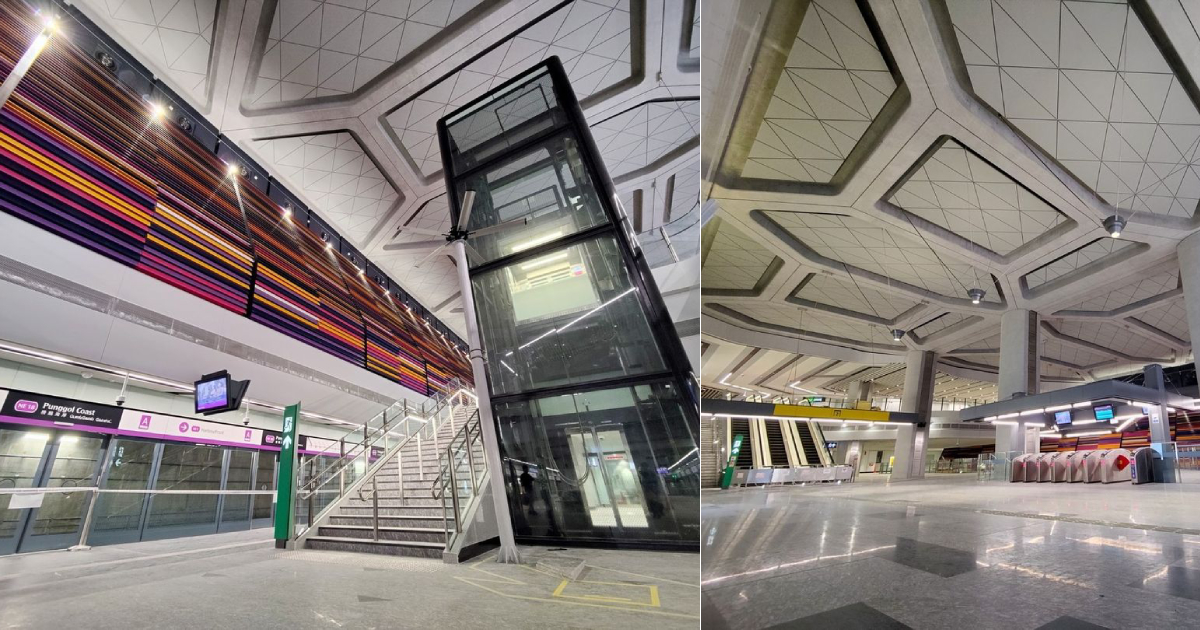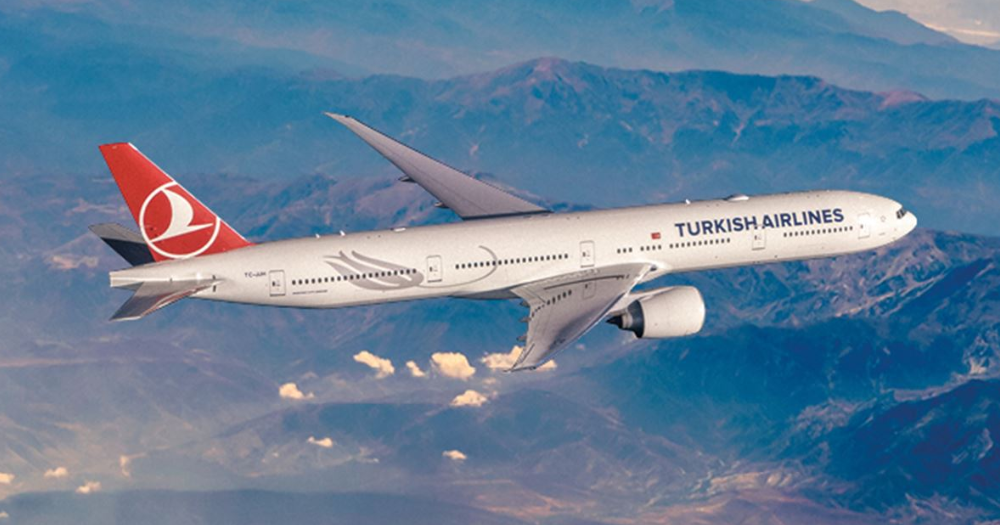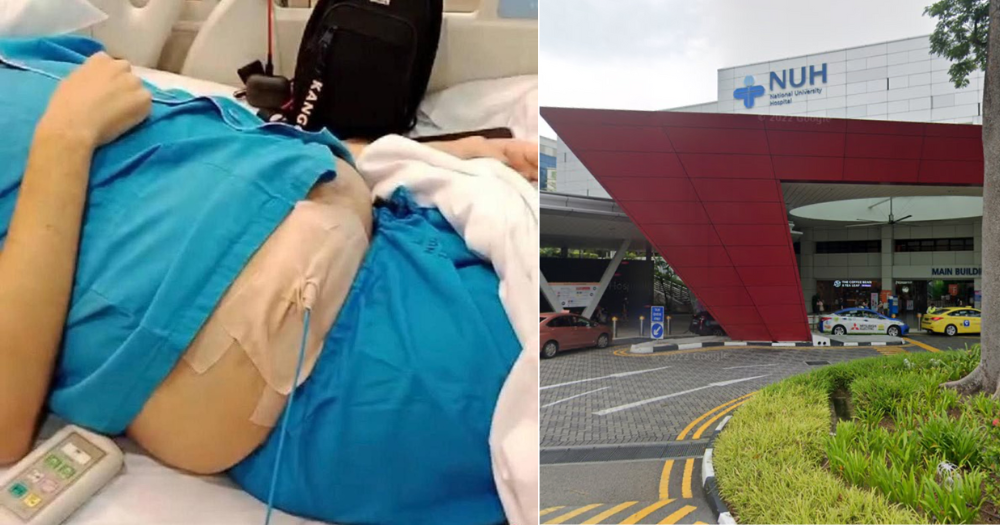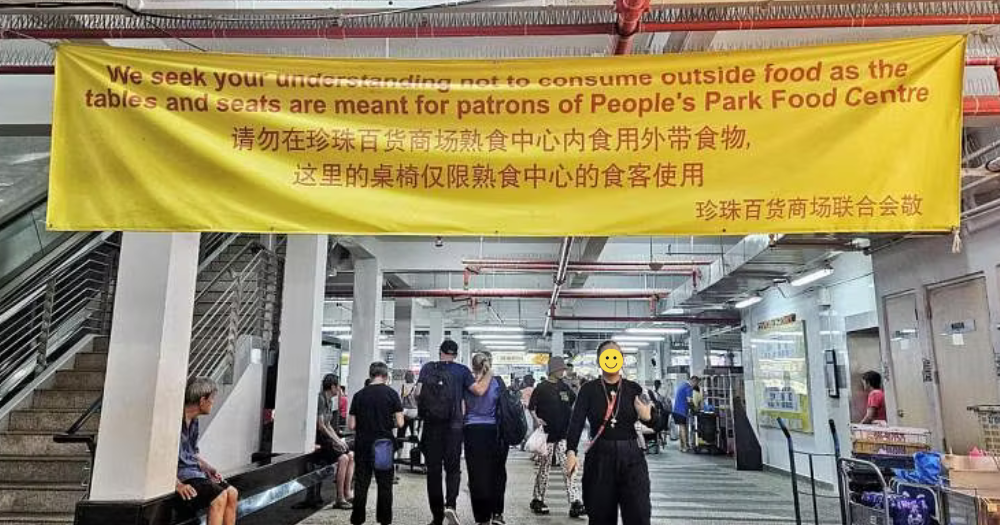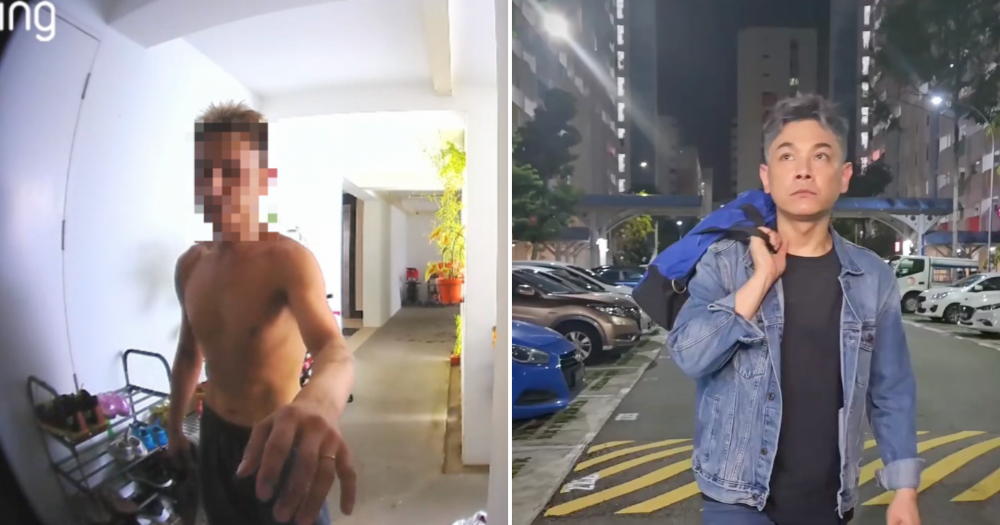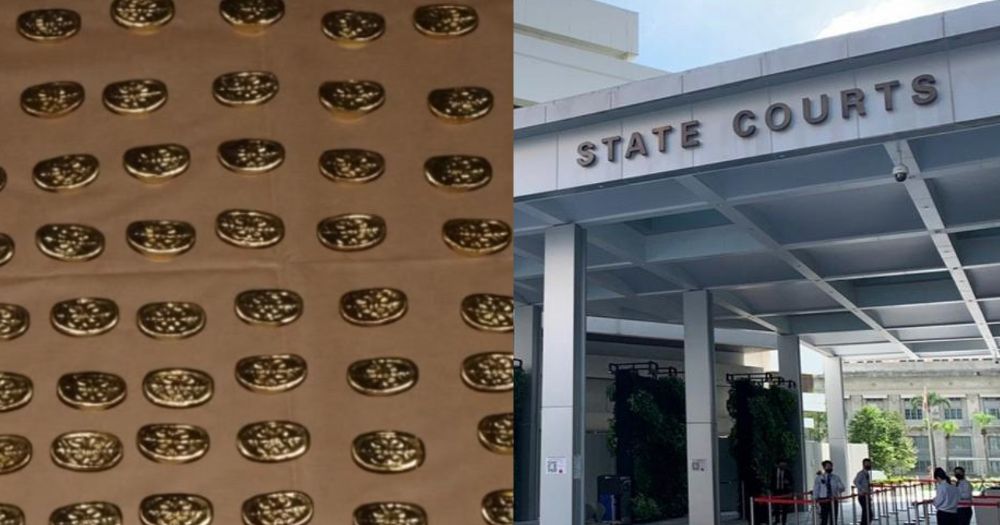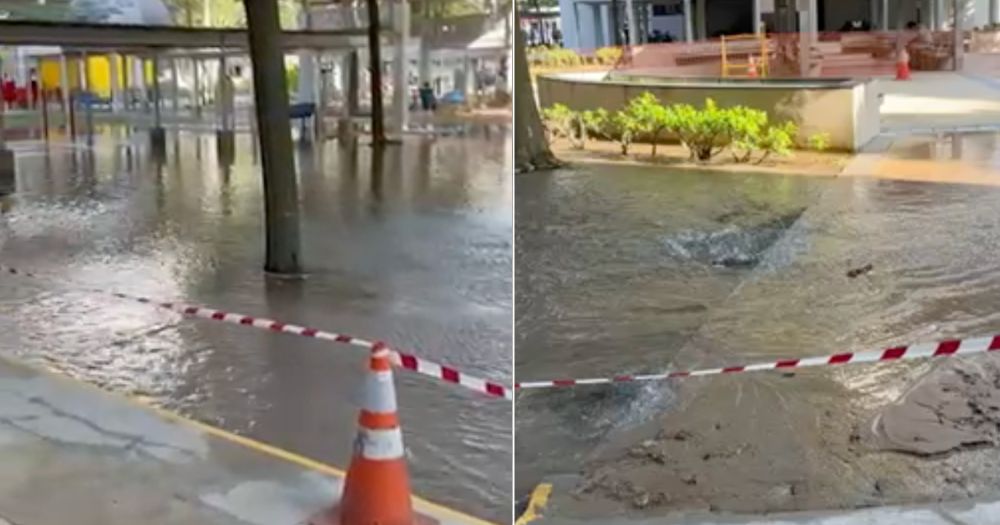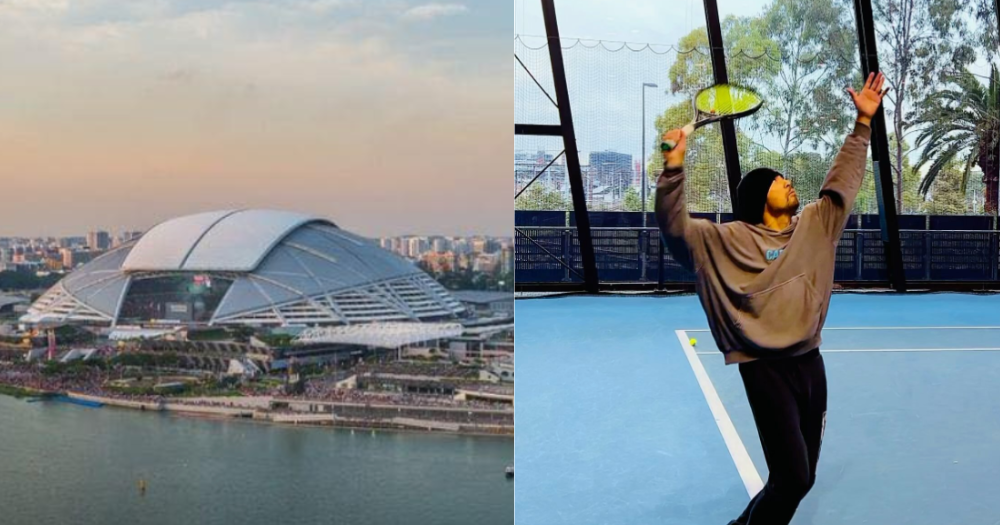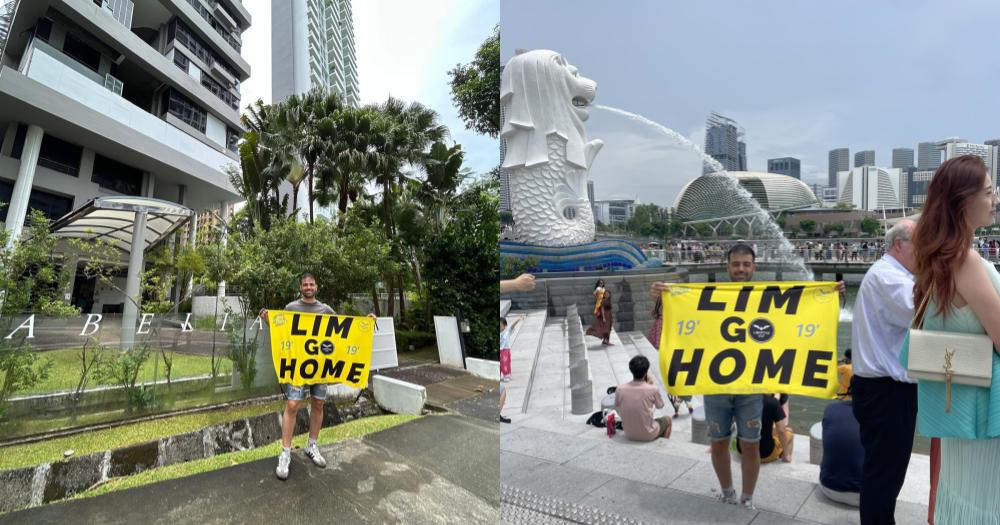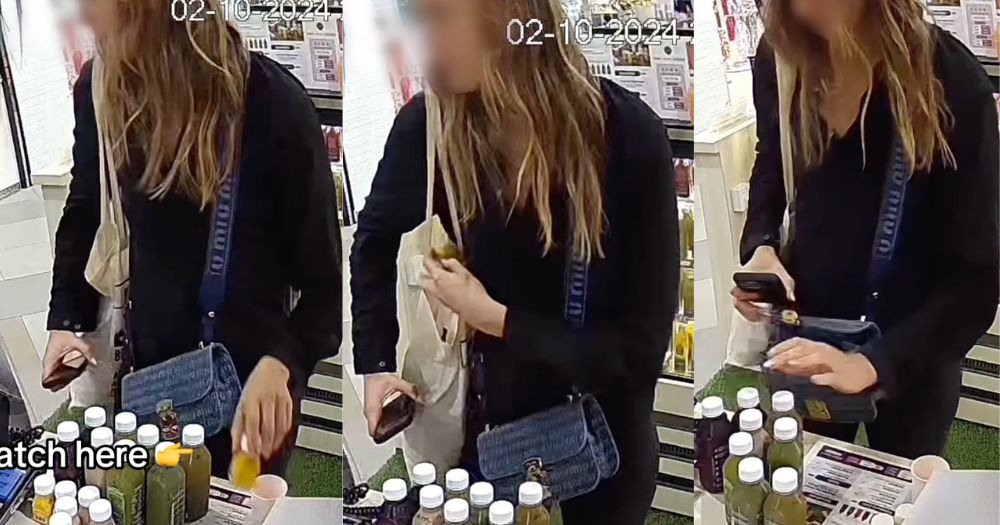No increase in number of Chinese visitors arrested in S'pore since mutual visa exemption: MHA
However, the number of individuals who have been refused entry into Singapore has increased.
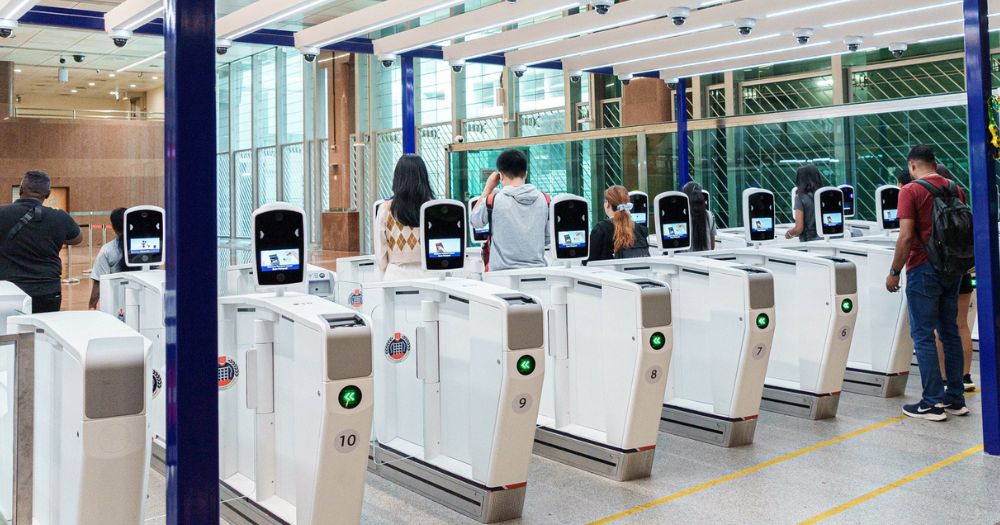
There has been no increase in the number or percentage of short-term visitors from China arrested in Singapore since the mutual visa exemption arrangements were implemented in February this year.
On the other hand, the percentage of travellers who are refused entry into Singapore has increased following the Immigration & Checkpoints Authority (ICA)'s New Clearance Concept involving automated clearance.
Sun Xueling, Minister of State for Ministry of Home Affairs, was answering questions posed by Non-constituency Member of the Parliament (NCMP) Leong Mun Wai in the parliamentary sitting on Sep. 9, 2024.
His questions follow a recent slew of burglaries at Holland Road, which appear to be linked to foreign syndicates involving Chinese nationals.
The Singapore Police Force previously announced that three Chinese nationals have been arrested, with another 14 of interest to the police overseas.
"Even if we take into account the 14 Chinese nationals I referred to earlier, the percentage of Chinese visitors arrested in Singapore would be lower than the corresponding percentage last year," Sun said.
Visa regime not foolproof
Sun emphasised that a visa regime is not foolproof for keeping unwanted individuals away.
Although it screens individuals before they travel to Singapore and rejects those with antecedents of concern, it cannot entirely eliminate undesirable visitors or prevent them from committing crimes in Singapore, she said.
Closing borders will destroy economy
Closing borders entirely would prevent foreigners from committing crimes but would also "destroy Singapore’s economy", Sun said
She highlighted how foreigners bring tourism revenue and employment opportunities that can benefit Singapore.
For example, the tourism sector contributed S$27.2 billion in tourism receipts in 2023 and employed more than 71,000 workers as of December 2023.
The sector also contributed an average of 3 per cent of Singapore’s GDP over the last 10 years, from 2014 to 2023, excluding 2020 to 2022, due to the COVID-19 pandemic.
Tourism also plays an essential role in reinforcing Singapore’s status as a "vibrant global city that is a magnet for capital, businesses and talent", she said.
It also enhances the quality and diversity of leisure options for local residents and helps to create a living environment that Singaporeans can be proud to call home, she added.
"There is no way to realise these ambitions if we erect walls and keep visitors out."
Tighter screening of travellers
Sun noted that ICA has enhanced its risk-based, multi-layered approach to assessing foreign travellers.
ICA's New Clearance Concept, which includes automated immigration clearance, has also increased the percentage of travellers who are refused entry into Singapore.
This is because checks now begin further upstream, and technology is leveraged even more extensively, she explained.
How screening is carried out
Sun explained how ICA screens travellers to Singapore.
Pre-arrival, the ICA uses advance passenger information, flight manifests, and data from the SG Arrival Card to perform risk assessments through its Integrated Targeting Centre, she said.
Upon arrival, all travellers, including those at automated lanes, are screened against a watchlist of persons of interest and flagged individuals. Those deemed higher risk undergo more stringent checks.
Repeat travellers, including those who have committed crimes in Singapore, are flagged by the biometric database if they attempt to enter under a different identity, as their biometrics from previous visits are captured.
Increased automation allows more ICA officers to focus on profiling travellers at automated lanes, complementing backend risk assessments.
Those displaying suspicious behaviour are subjected to further questioning, Sun said.
Visa exemption with China a "carefully assessed and weighed decision"
The mutual visa exemption with China was a "carefully assessed and weighed decision" that considered manageable security, criminal, and immigration risks and recognised significant economic and bilateral benefits, Sun said.
She emphasised that maintaining this arrangement with China is in Singapore’s interests.
Laws reviewed to take into account evolving nature of crimes
Leong responded to Sun’s reply, clarifying that he was not advocating for a "closed Singapore" and understands the benefits of an open society and economy.
However, he pointed out that as the number of foreigners and visitors increases, additional measures may be needed to ensure Singapore's security.
He asked whether the government is considering tougher penalties for cross-border criminal activities.
Sun said that transnational crimes include human trafficking, drug trafficking, and online scams. While burglary is not typically classified as a transnational crime, she noted that recent burglaries linked to foreign syndicates are of concern.
She explained that the government has been revising the Criminal Penal Code (CPC) to address various offences over the years.
Sun emphasised that laws must be continuously monitored and reviewed, given the evolving nature of crime.
Top photo from ICA/Facebook
MORE STORIES








